Welcome to Matrix Education
To ensure we are showing you the most relevant content, please select your location below.
Select a year to see courses
Learn online or on-campus during the term or school holidays
Learn online or on-campus during the term or school holidays
Learn online or on-campus during the term or school holidays
Learn online or on-campus during the term or school holidays
Learn online or on-campus during the term or school holidays
Learn online or on-campus during the term or school holidays
Learn online or on-campus during the term or school holidays
Get HSC exam ready in just a week
Select a year to see available courses
Science guides to help you get ahead
Science guides to help you get ahead

In this Year 6 Survival Guide, we explain what parents and their children can expect from Year 6 and how they can best ready themselves for the coming challenges.
Year 6 is a memorable year for most children. Your child will say farewell to their primary school and many of the friends they made along the way as they prepare for their high school journey ahead.
While there is no NAPLAN test for Year 6 students, your child will sit the Selective School Placement Test in March, which will potentially determine the High School they go to. Separate testing for entry into private schools is also held in Year 6.
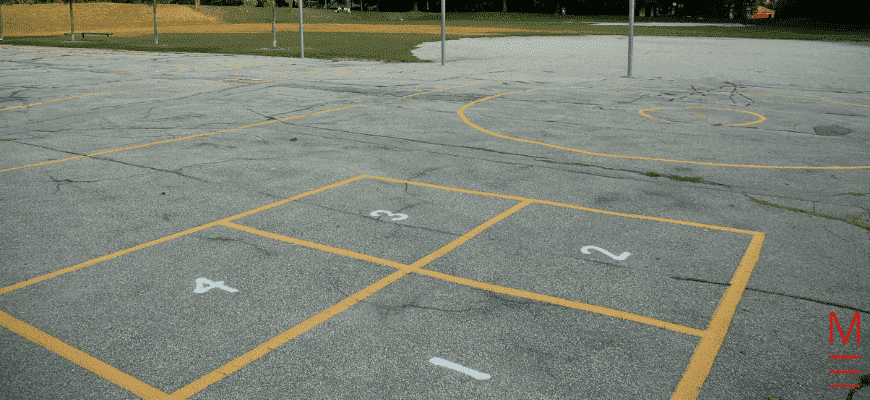
In Year 6, students should be prepared to:
Technology is great for learning, but it must be used in moderation. Extended screen time can cause eye strain, be unproductive and less than ideal for your child’s physical and mental health.
At the bare minimum, your child should stand up and take a short break from technology for every two hours they are in front of their screen. Ideally, they wouldn’t need to be spending this much time on their devices at once, but we know that sometimes tasks just need to get done. So this is the next best option.
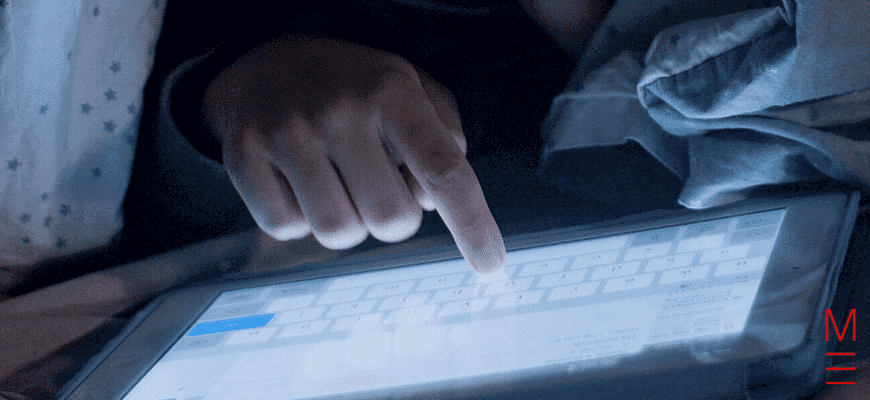
As a parent, you might find yourself constantly checking up on your child and reminding them about assignments, which they should know about better than you. And, this is on top of their teachers and classmates prompting them at school.
It’s completely normal to be concerned, especially when your child has the habit of staying up the night before assignment due dates to get their work done.
One option is to just leave your child alone and trust that they will learn from their mistakes. But we understand that it can be stressful to just stand back.
So, an alternative is to spend some time with your child to:
That way, your child will have no excuses for not following the timeframe they decided on, and they will start to develop organisational skills.
It’s one thing to say that your child is capable of understanding challenging concepts, and it’s another to be confident that they can perform well in exams.
If you feel that your child is making a lot of careless mistakes, it’s important to address it with them. Here’s some strategies for that:
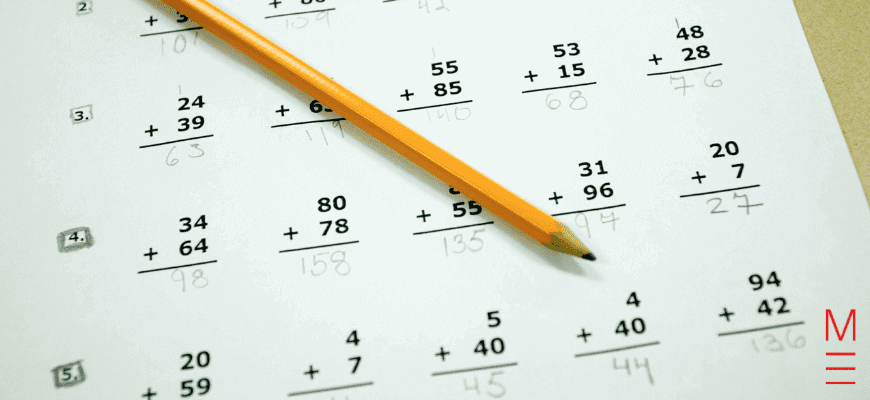
Often, skipping steps and rushing is all it takes for a careless error to occur. Speed is important in exams, but shouldn’t be the priority.
Your child needs to work on their mastering their accuracy before they attempt to cut corners.
Have them underline the key words in every question that they do, before attempting them
If the main problem seems to be that your child isn’t reading the question properly, make this a blanket rule, until they learn to read carefully without an external reminder.
To fully check their work, they should re-attempt each question, without looking at their previous working out, and compare their two response.
It’s ok if this takes a long time. It’s much more beneficial for your child to learn the skill of correcting themselves, rather than just looking at the answers.
Make it clear that they need to check every single question, whether they are confident about their answer or not.
If they finish early, they should spend the remaining time systematically checking each question and their answer.
They shouldn’t be daydreaming or handing in their exam until time runs out of they’ve triple checked everything, twice over!
This is a good habit for all students to have, even if they seem to be performing well. Your child should start building this habit when doing practice tests.
Parents are always encouraged to give their child practice exams, but what do you do when you see that they are having trouble staying engaged for its whole duration? Your child might be taking frequent bathroom breaks, talking to you or other household members even after several reminders, or just be off daydreaming.
Your child might find it difficult to focus for many reasons. Here are some:

As a parent, sometimes you’ll understand exactly what your child is experiencing, and other times, you’ll be left guessing.
Even if you are confident that you know the root of the problem, it’s nice to touch base with them. Let them try to express it in their own words, so they understand that you empathise with them and want to help.
In this Year 6 Survival Guide, we suggest multiple strategies, so you can select the most appropriate for your child.
If the cause of your child’s lack of focus is due to the fact that the questions are challenging, there’s no need to push them to sit through an entire practice exam straight away.
Have them attempt it in sections, still under timed exam conditions, and progressively increase the size of the sections when you see their performance improve.
On the other hand, if they simply aren’t interested or view exams as pointless, it would be worthwhile discussing how exams help us recognise our strong points and weak points so that we can get better and better. It’s not always fun to sit an exam, but we are better for it at the end of the day, and improvements in performance will come from practice.
Again, if you feel that it’s too big of a challenge to make your child sit through a whole exam at once, break up the practice exams into sections and slowly work their way towards completing a whole one in a single sitting.
Stage 3 is the final curriculum of primary school, so it’s meant to help your child develop study habits, creativity and independent learning strategies necessary for high school.
It’s a blessing and a curse to know that your child doesn’t need your help as much as they did in their younger years.
In their final year of primary school, your role as a parent will mainly involve providing them access to revision materials and a second opinion to bounce ideas off.
Your child will still seek your support and recognition, but they usually won’t need to explain their homework to them, and you will find that this will become even more the case in High School.
Some great ways to get involved in their school work, without taking away their independence, are:

Year 6 students will learn the following subjects at school:
In this Year 6 Survival Guide, we will discuss the key points you need to know about English and Mathematics. To find the syllabus for all Year 6 subjects, check out the NESA website.
In Year 6, your child will be exposed to many new texts, words, concepts and ideas, as they refine their communication in written, visual and oral forms.
Your child should already be familiar with all the concepts covered in Year 6, but they will be challenged to delve deeper and apply their skills in many new contexts.
Here’s a list of key concepts that your child should expect to learn about in Year 6 Maths:
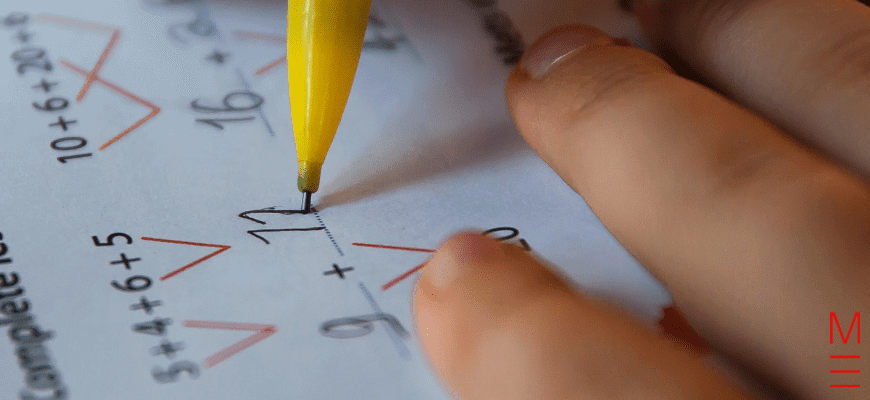
For the selective test, your child will receive a score out of 120. 100 of those marks will be awarded based on their performance on the actual test day. The other 20 marks will be determined by their scaled school assessment score.
Overall, the distribution of the marks look like this:
| Area | Maximum mark |
| Reading test | 25 |
| Mathematical reasoning test | 25 |
| Writing test | 15 |
| Thinking skills test | 35 |
| Scaled school assessment score | 20 |
For more information about Selective Schools and the Selective School Placement Test, check out our Selective Schools Guide.
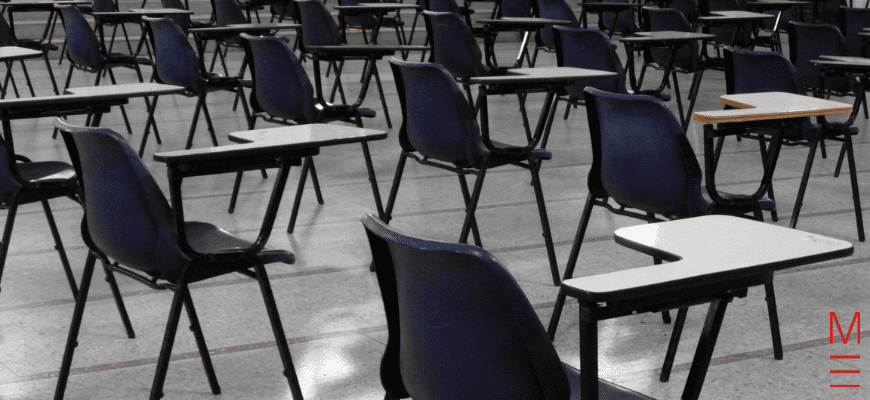
Is your child ready for the
2025 OC Test?
Assess your child's OC exam readiness with
our FREE Mock Test! Receive a diagnostic report.
There’s a lot of pressure to perform in Year 6, as the high school they go to is potentially affected by their performance. It’s completely natural to be concerned as a parent because, obviously, you care.
The main thing is that you are productive with your concerns and use them to support your child’s learning. We list out the key strategies below in this Year 6 Survival Guide.
This concern has often has nothing to do with parents being competitive. Instead, parents usually feel this way because they want to make sure that their child is on the right track and won’t be blindsided by a less than ideal performance in their Selective Schools Placement Test or other high school entry exams.
It’s a valid concern to have, which is why it is important to look at scores that have been standardised over large groups of students the same year group as your child. This can include NAPLAN and ICAS results. Bear in mind, these results are merely an indicator and not the be-all-and-end-all, as exams can vary, just as student performance does.
Your child’s past results may not be a reliable indicator of the improvement they have made over the year, so you might want to compare your child’s individual progress with things like reports and exam marks over the years. A record of your child’s scores in practice papers is also a useful way to gauge their progress.
Congratulations, you’ve reached the final part of the Year 6 Survival Guide! To summarise, these are tried-and-tested strategies that parents can use to help their child make the most of Year 6:
We don’t mean to say that you should completely abandon your child, but rather, give them time and space to complete their study and debrief afterwards if you feel it’s necessary.
Technology is an important part of our lives for study, entertainment and more. But your child needs to have a break from their devices to maintain good physical and mental health.
So, give your child the chance to try different hobbies like sports, arts and everything in between, to encourage them to break away from their screens in their spare time.

Exams won’t be super stressful if your child is well-prepared, and part of that preparation involves simulating exam experiences.
Practice papers completed under exam conditions let you know where your child is at, helps them improve their exam habits, and know what to study more.
We hope you have found these Primary Survival guides useful and wish you and your child all the best through Year 6 and beyond!
© Matrix Education and www.matrix.edu.au, 2023. Unauthorised use and/or duplication of this material without express and written permission from this site’s author and/or owner is strictly prohibited. Excerpts and links may be used, provided that full and clear credit is given to Matrix Education and www.matrix.edu.au with appropriate and specific direction to the original content.